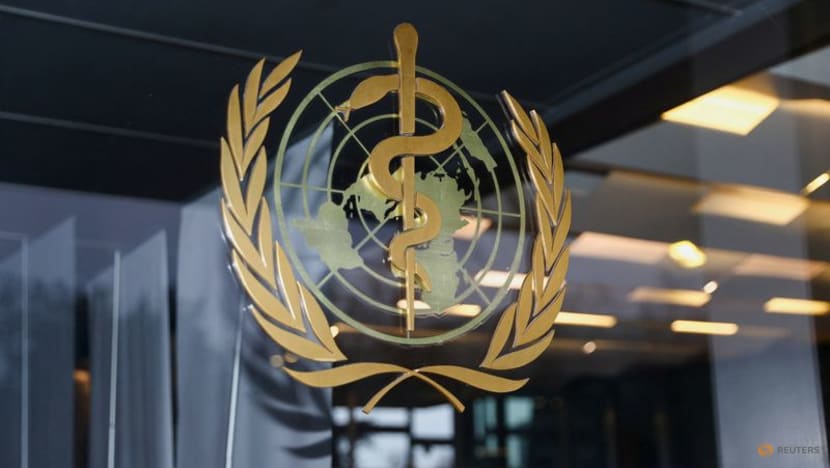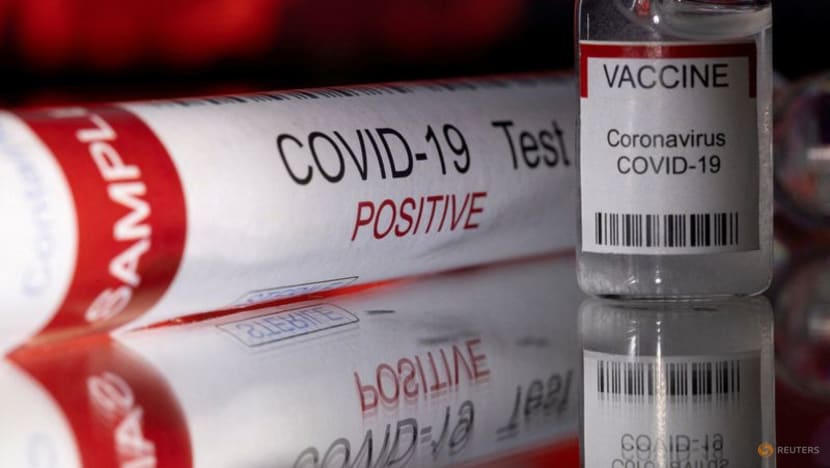WHO says all Covid-19 origin theories still open, after inconclusive study

GENEVA: All hypotheses on how the Covid-19 pandemic began remain open, the World Health Organization said on Friday (Jun 27), following an inconclusive four-year investigation that was hamstrung by crucial information being withheld.
The global catastrophe killed an estimated 20 million people, according to the WHO, while shredding economies, crippling health systems and turning people's lives upside-down.
The first cases were detected in Wuhan in China in late 2019, and understanding where the SARS-CoV-2 virus that causes Covid came from is key to preventing future pandemics.
However, a lengthy investigation launched by the UN's health agency said that pending further data, the origin of Covid and how it first spread remains elusive.
"As things stand, all hypotheses must remain on the table, including zoonotic spillover and lab leak," WHO chief Tedros Adhanom Ghebreyesus told a press conference, referring to the two main hypotheses as to how the pandemic began.
EXPERT INVESTIGATION
An initial WHO-Chinese joint report in March 2021 concluded that the virus most likely jumped from bats to humans via an intermediate animal.
It deemed a leak from Wuhan's virology laboratories, known for their research on coronaviruses, to be "extremely unlikely".
However, that investigation faced harsh criticism for lacking transparency and access, and for not seriously evaluating the lab-leak theory.
Tedros launched another investigation, setting up the Scientific Advisory Group for the Origins of Novel Pathogens (SAGO), comprising 27 international experts, in July 2021.
Their 78-page report was published on Friday.
It said the weight of available evidence suggests a spillover from animals, either directly from bats, or through an intermediate host.
However, it could not conclude with certainty where and when this happened, nor whether the Wuhan wet market was where the virus first spilled over into humans.
That said, the market "appears to be the location for amplification of infection in humans", leading to widespread transmission.
"Evidence for widespread infections or cases in any other countries prior to December 2019 is lacking," it added.
While spillover was the best supported theory on the evidence currently available, "until further requests for information are met, or more scientific data becomes available, the origins of SARS-CoV-2 and how it entered the human population will remain inconclusive," SAGO chair Marietjie Venter said at the press conference.
Lab leak theories "could not be investigated or excluded", she said, because much of the needed information had not been made available.
The experts requested unpublished information from other countries, notably Germany and the United States, but without success, she said.
Earlier this week, one SAGO member resigned and three others asked for their names to be removed from the report.

CRUCIAL QUESTION
"Over the past five years, we have learned a lot about Covid-19 but there is one crucial question about the pandemic that we have not yet answered, how it started," Tedros said.
"Despite our repeated requests, China has not provided hundreds of viral sequences from individuals with Covid-19 early in the pandemic, more detailed information on animals sold at markets in Wuhan, and information on work done and biosafety conditions at laboratories in Wuhan," he said.
He said WHO has requested access to intelligence reports by governments around the world on the origins of Covid-19.
US President Donald Trump's administration has officially embraced the lab leak theory.
MORAL IMPERATIVE
Tedros said finding out how Covid-19 started was a moral imperative for those who lost their lives in the pandemic and to prevent further outbreaks.
He said the virus was continuing to evolve, take lives and leave people suffering with post-Covid conditions, or so-called long Covid.
Tedros said the WHO is appealing to countries with information about the origins of Covid-19 to share information.
SAGO said it would continue to evaluate any new, sound scientific evidence and update its findings accordingly.












